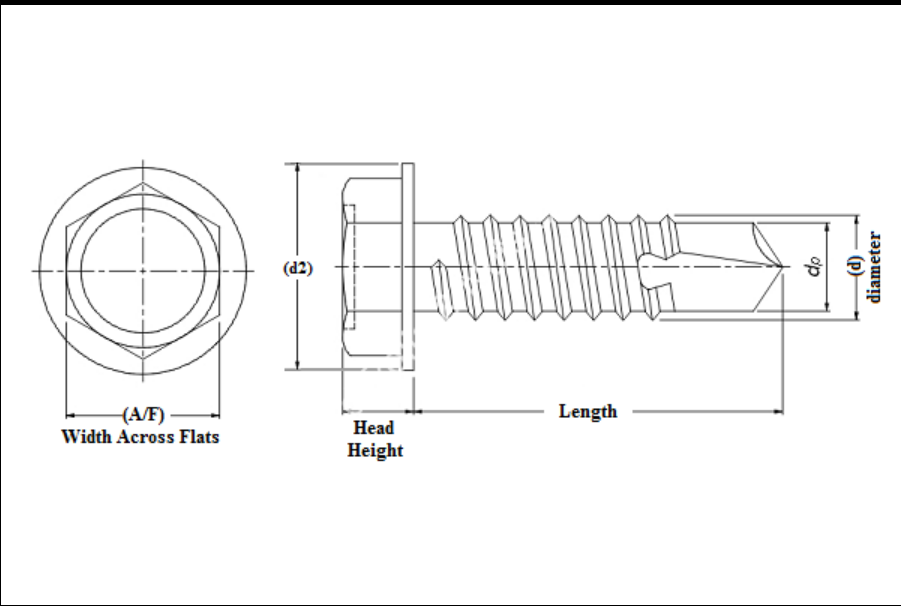Comparison of High-Quality Wood Screws and Drywall Screws for Optimal Performance
High-Quality Wood Screws vs. Drywall Screws Understanding the Differences
When it comes to construction and woodworking, the choice of screws plays a critical role in ensuring durability and structural integrity. Among the wide variety of screws available, two popular types are high-quality wood screws and drywall screws. While both are essential in their respective applications, they are designed for different purposes and have specific characteristics that set them apart.
Material and Design
High-quality wood screws are typically made from stronger materials like hardened steel, often coated to resist corrosion and rust. They feature a sharp point and deep threads that allow them to grip wood effectively, making them ideal for woodworking projects. These screws are designed to create a strong connection between two wooden pieces, providing excellent holding power and resistance to shear forces.
On the other hand, drywall screws are primarily used for attaching drywall to wooden or metal studs. They are made from relatively softer steel, which allows for easier driving but can lack the strength required for heavy-duty applications. Drywall screws are often coated with a special black or zinc finish to prevent rusting, and they have a finer thread designed for quick insertion into gypsum board. The self-drilling tip allows them to penetrate drywall quickly, making them a popular choice in construction projects.
Application and Usage
The applications for these two types of screws are distinct. High-quality wood screws are used in furniture construction, cabinetry, and any project where solid wood connections are necessary. Their strength and durability make them the preferred choice for load-bearing applications, such as deck building or framing.
Conversely, drywall screws are specifically designed for fastening drywall sheets to framing. They are not suitable for structural applications due to their softer material and design. Using drywall screws in woodwork may lead to stripped heads or snapped shafts, resulting in weak connections that can jeopardize the integrity of the project.
high quality wood screw vs drywall screw

Driving Technique
Another key difference lies in how these screws are driven. Wood screws often require a pilot hole, especially when working with harder woods or large diameter screws, to prevent splitting the wood. The deep threads of wood screws help to create a tight connection once fully driven, contributing to the strength of the assembly.
Drywall screws, however, can be driven directly into the board without a pilot hole, thanks to their sharp points and finer threads. This ease of installation is particularly beneficial in fast-paced construction environments where time is of the essence. However, care should be taken to avoid overdriving, which can create dimples in the drywall or strip the screw.
Cost and Availability
In terms of cost, high-quality wood screws tend to be more expensive than drywall screws due to the materials and engineering involved in their design. However, for projects requiring strength and longevity, the investment is often justified. Drywall screws are generally more affordable and widely available, making them a practical choice for large-scale drywall installations.
Conclusion
In conclusion, the choice between high-quality wood screws and drywall screws should be guided by the specific needs of your project. Understanding the differences in material, design, application, and driving techniques will help you make an informed decision. While both types of screws have their place in construction and woodworking, using the right screw for the right job will ensure the safety and durability of your work.
-
Top Choices for Plasterboard FixingNewsDec.26,2024
-
The Versatility of Specialty WashersNewsDec.26,2024
-
Secure Your ProjectsNewsDec.26,2024
-
Essential Screws for Chipboard Flooring ProjectsNewsDec.26,2024
-
Choosing the Right Drywall ScrewsNewsDec.26,2024
-
Black Phosphate Screws for Superior PerformanceNewsDec.26,2024
-
The Versatile Choice of Nylon Flat Washers for Your NeedsNewsDec.18,2024










